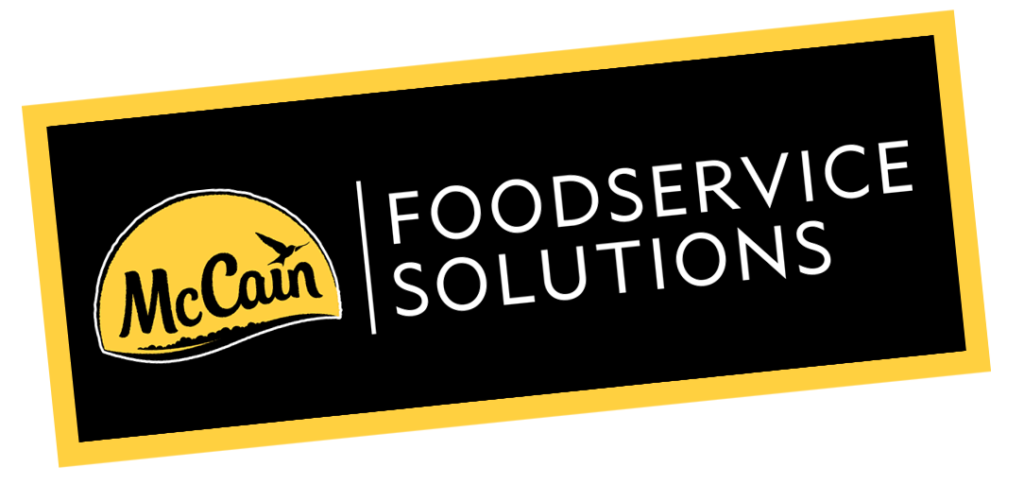Community Safety Paramount
During Takeout, Delivery
“We implement new procedures almost every other day as our understanding of this situation deepens”
Foodservice operators implement safety, health measures to combat spread of COVID-19.
The foodservice industry is facing an unprecedented array of challenges amid the rapid spread of COVID-19, but the most important threat restaurants must focus on is protecting the health of their workers and customers.
As operators rapidly pivot to focus on delivery and takeout in an effort to prevent the spread of the virus among patrons in their dining rooms, they still have to minimize the opportunity for transmission during the takeout and delivery processes.
“Operators must ensure that they are keeping abreast of the evolving pool of information about how the virus is transmitted and the best ways to prevent its spread”, says Aaron Novoshen, founder and CEO of industry consulting firm The Culinary Edge and the Starbird chicken sandwich chain.
Making sure employees are healthy when they arrive at work should be at the foundation of any operator’s safety strategy. Because the COVID-19 disease caused by the coronavirus appears to present itself differently in different people, operators must communicate to their workers the importance of staying home if they have any cold or flu symptoms, or are otherwise at risk of transmitting the disease.
“We ask each individual at the start of their shift how they’re feeling, and anyone with symptoms of any ailment—COVID-19 or otherwise—are not given permission to work,” says Novoshen.
Starbird also adjusted its operations to ensure that workers are maintaining six feet of distance between each other while performing their job functions, he says.
Taking Other Steps
Other steps Starbird is taking include:
• Providing hand sanitizer stations at the doors, at its to-go pick-up stations and at checkout stations. All delivery personnel are required to sanitize their hands before handling food orders.
• Cashiers are required to wash their hands for 20 seconds after each customer contact, such as when accepting cash for payment of orders. Starbird is quickly transitioning to 100 percent digital transactions, Novoshen says, to eliminate the handling of cash.
The company also sends out daily summaries to workers to help them understand changing regulations, inform them of operational changes and to promote programs designed for workers’ health and well-being, Novoshen says.
“It’s critical that essential communications are shared in the languages understood by your staff,” he says, noting that at Starbird all essential communications are released in English and Spanish.
“We have produced a tremendous amount of signage and way-finding to make these health and safety mandates clear and easy to follow,”
– Aaron Novoshen, Founder and CEO, The Culinary Edge and the Starbird chicken sandwich chain
Focusing on Pick-Up
“You should not personally be handing every order to every driver,”
– Scott Landers, Co-founder of Figure Eight Logistics
The pick-up process, which could involve interactions with multiple delivery drivers and customers, is perhaps one of the most overlooked areas when it comes to potential transmission of the virus. However, it is important to consider carefully, says Scott Landers, co-founder of Figure Eight Logistics, a New York-based restaurant delivery consulting firm.
Landers suggests instead setting up a staging area where orders are placed on a shelf for drivers to collect themselves, or perhaps handing over orders from behind a bar to maintain some distance between the drivers and employees.
At American Elm in Denver, which is offering takeout and delivery of its chef-driven, bistro-style menu, along with the menus of two sister concepts, posts signs outside the restaurant directing customers to call a number to have their food brought out to them to discourage customers from entering the restaurant.
“Generally, we try to do as much no-contact takeout as possible,” says owner Bob Reiter.
Keeping Home Delivery Safe
American Elm has also been practicing similar safety procedures for its home delivery, which it handles in-house.
“Our protocols with delivery are to ring the doorbell, place the bag down in front of the door and then step back at least six feet and wait for the person to receive the order,” says Reiter.
The restaurant is also taking the temperature of all workers, he says. Those employees who register a temperature of 100 degrees or higher are sent home for 24 hours or until their fever comes down. They may also be required to obtain a doctor clearance..
Other safety measures include:
• Employees must wash their hands every 30 minutes, and sanitize their workstation after each use or every 60 minutes, whichever is shorter. Hand sanitizers are stationed throughout the restaurant.
• Gloves must also be worn at all times.
• Employees are encouraged to practice social distancing. “It’s not always possible because we’re in a kitchen, but we’re always reinforcing that idea of keeping six feet distance between each other at all times,” says Reiter.
“It’s really just about trying to keep these best practices in place as we get them from OSHA and the CDC and implement them into our operations,” he says.


